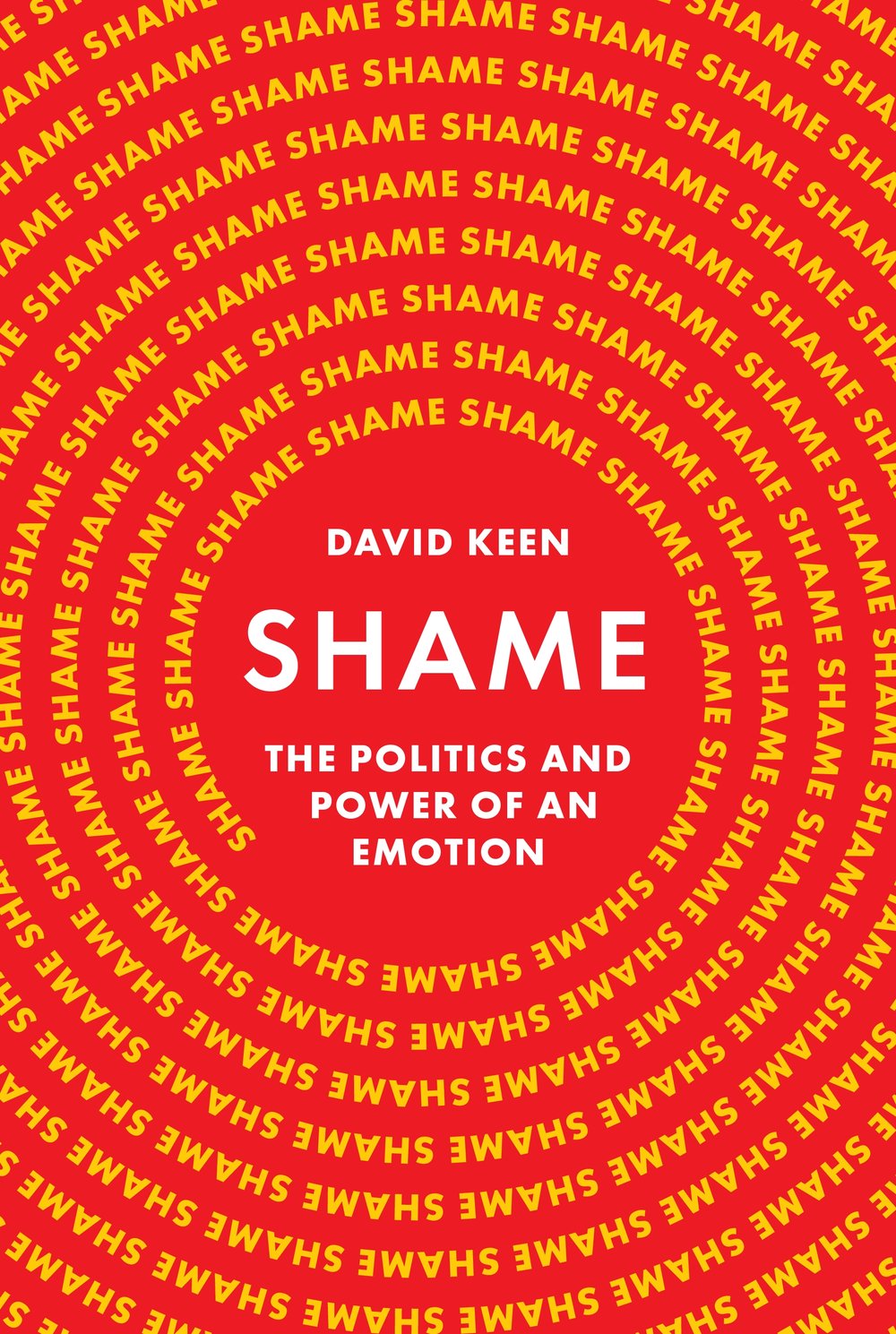Benefits of Famine
A Political Economy of Famine and Relief in Southwestern Sudan, 1983-1989
David Keen argues that famines, such as that which devastated the Dinka of Sudan in the 1980s, often have powerful beneficiaries within the affected nation, including the political elite and traders. Meanwhile, shortcomings in the manner of international intervention, while contributing to famine, may offer significant political and bureaucratic benefits for international donors. Famine is not necessarily an apocalyptic natural disaster: it may have functions as well as causes. Drawing on a range of historical information and the accounts of famine sufferers, aid providers, and government officials, Keen explains the causes of the Sudanese famine, extracting vital lessons about the future of effective famine relief. Identifying those Sudanese interests that actively promoted famine and obstructed relief, Keen shows how the assets of the politically powerless Dinka were forcibly transferred to beneficiary groups. In a sense, and contrary to the emphasis of Amartya Sen, it was the Dinkas' wealth, rather than their poverty, which exposed them to famine in a context where they lacked political redress against exploitation. For the most part, international donors failed to counteract the processes leading to famine or to speak up on behalf of those who lacked political influence in their own society. At a time when the effectiveness of the UN and the international community in such crises is increasingly being questioned, this work provides evidence of the flaws in current thinking about humanitarian intervention and its practice.

